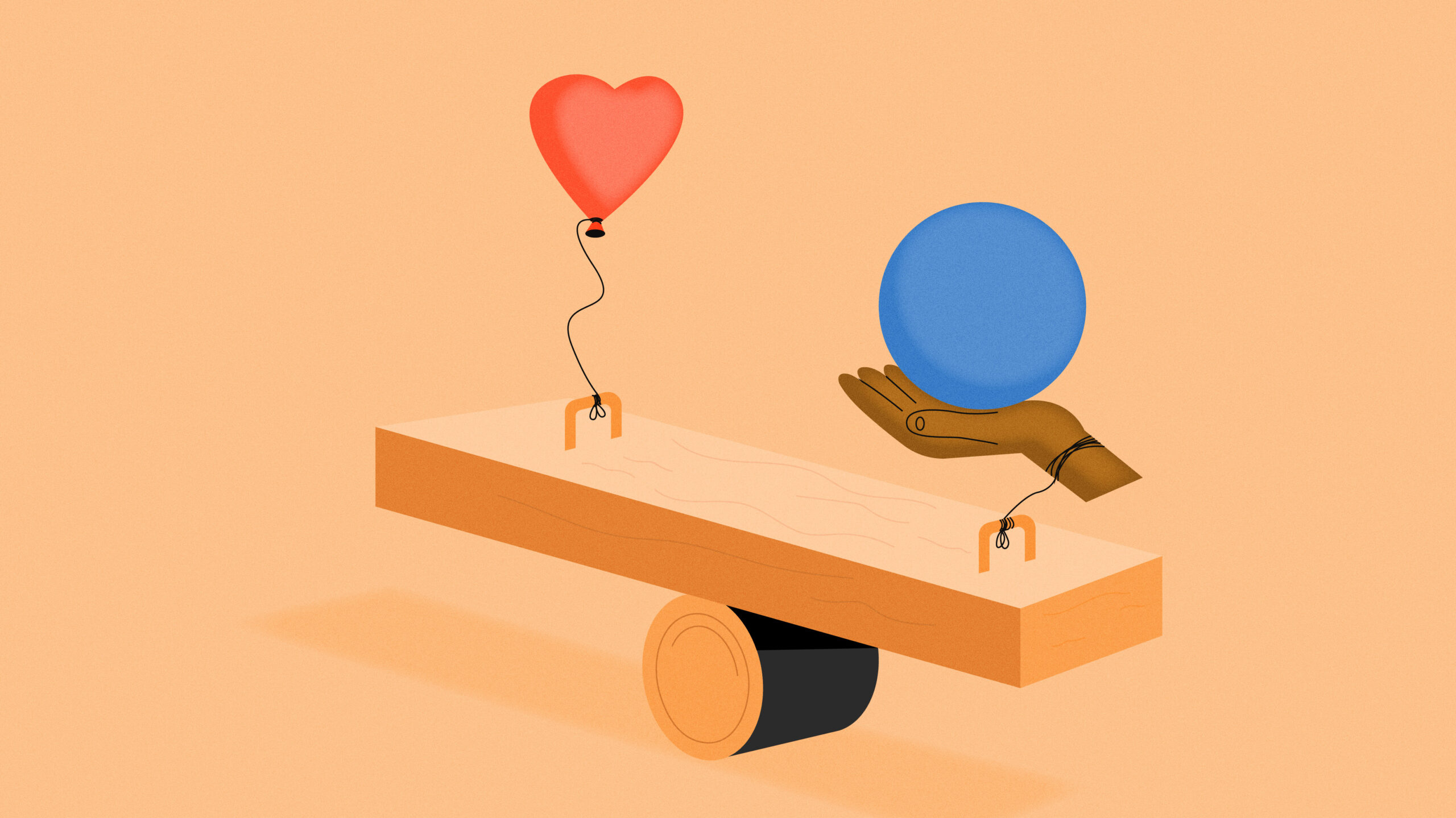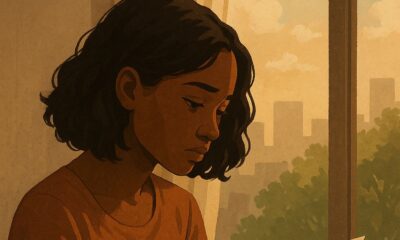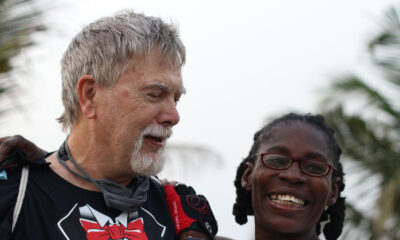Features
How Friendship Shapes Our Romantic Experiences

Last weekend, I watched Simon Sinek and Trevor Noah‘s conversation on friendship, loneliness, and vulnerability and how these three are interconnected in our daily lives and professional output. The entire discussion is brilliant but what profoundly stands out for me, which I hadn’t given much thought to until that conversation, is Noah’s submission on how friendship influences our romantic relationships.
“I think we shouldn’t take for granted how much the abandoning or ignoring of friendships has affected romantic relationships because people have now shifted all of the expectations, all of the supports, all of the love that they get from a community of friends and then they move all to one person,” Noah says. “I think a few studies have shown; even having a friend who you can talk shit about your partner, which is healthy by the way, actually improves your chances of staying with your partner.”
Until now, I never realised that a lack of friendships could be the sole reason some relationships fail. I know people who identify as loners and don’t feel the need for close friends. They have acquaintances from school and events, but these relationships never go beyond being casual. They don’t see these people as sources to share their vulnerabilities or concerns with. Instead, they desire a partner who understands them and will be there to support them when needed.
But that, at its very essence, is the reason some romantic relationships don’t work. I have realised that every individual that exists in our lives exists because they have a role to play. A parent is a parent because that is who they are. Your sister remains what they are for you for a reason and your friend remains what they are for a reason. Your partner or lover is your lover for the sole essence of being your lover, sharing intimate moments, building a future together, having access to your privacy and, if needed, procreating.
But some people want to be in a relationship because they want someone who can solve their problems and be their everything. This is why some men want to marry because they want someone who will wash their clothes, cook for them and love them. Right, these are things partners can do for each other and together but it shouldn’t be considered their responsibility because it can definitely be someone else’s. This is also why some people limit their moments of adventure and world exploration because they only want to experience those things with their “favourite and personal” person when they could have simply explored that with their friends.
Sinek buttresses Noah’s point that we now demand responsibilities that could have been disseminated and distributed to others from just our partner. “We seem to have abandoned outside places and we are asking our partners to be everything all the time, always. Which is an unreasonable and unfair standard to put on someone or be put on us,” he says. We all now want our partners to be everything for us. We exert a lot of responsibilities on them and when they now fail to fulfil those responsibilities, we assume they do not love us or they are no longer enough for us.
This shift in expectations from a broader network of relationships to a single individual not only puts immense pressure on romantic partners but also limits the richness that comes from having different sources of emotional support. When we rely solely on one person to meet every emotional need — whether it be companionship, advice, gisting or even a sounding board for frustrations — we inevitably strain the relationship. No single person can be everything all at once.
Friendships play a vital role in helping us express parts of ourselves that might not always align with the dynamics of a romantic relationship. For instance, a friend may offer the kind of blunt honesty that a partner might shy away from for fear of causing friction. Similarly, some emotions or frustrations — like the little annoyances that arise from living with a partner — are better shared with a close friend who can listen, offer a fresh perspective, and even bring humour to the situation.
In the same vein, friendships allow us to practice vulnerability without the stakes being as high as they are in romantic relationships. Sharing a fear or insecurity with a trusted friend can feel less intimidating than bringing it up with a partner, where concerns of misunderstanding or tension might loom larger. (Be vulnerable with your partner o.) And in many cases, friends can help us process those emotions before we bring them into our romantic relationships, creating a healthier dynamic between partners.
Essentially, as Sinek and Noah point out, it’s not about choosing between friendships and romantic relationships. It’s about recognising that they serve different, equally important roles in our lives. When we understand the different roles that people and friends play in our lives, we then free our partners from the impossible task of being our “everything” and, in turn, create space for deeper, more fulfilling romantic connections.






















